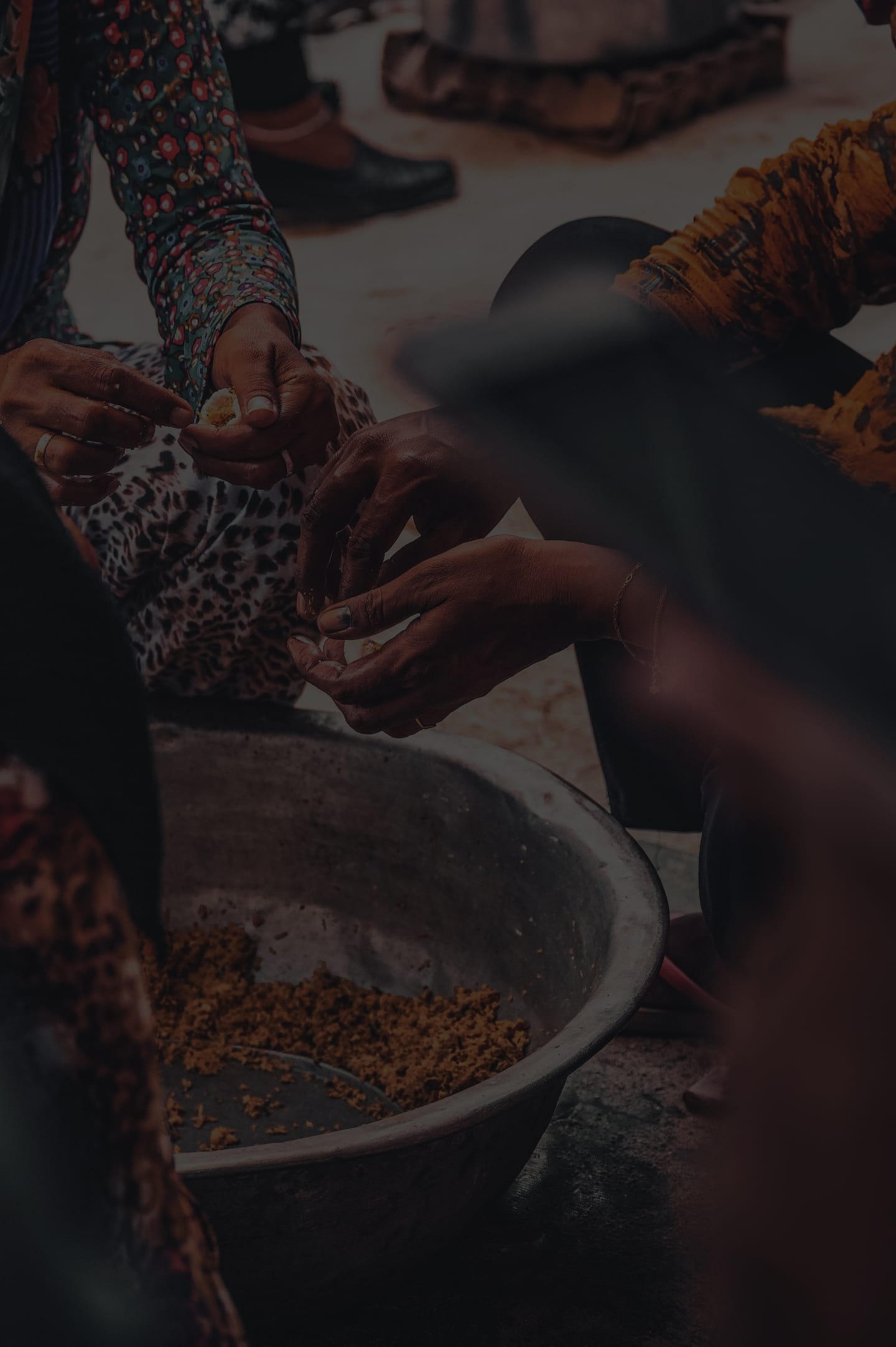Social Impact
Entrepreneurship has often been considered a pursuit reserved for the privileged, but the reality is that many individuals in developing nations possess the entrepreneurial acumen to enrich their local community ecosystems through innovative products and services. While the popular image of entrepreneurs often centers around individuals addressing global challenges on a grand scale, it’s essential to recognize that entrepreneurs within underserved, third-world communities wield an equivalent capacity for transformation. However, there is one obstacle: inaccessible finance.

Microfinance refers to a range of financial services designed to empower individuals, entrepreneurs, and small businesses who face limited access to traditional banking. This lack of access is often closely linked to poverty and systemic inequities.
- There is limited proximity to local bank branches (where the United States boasts over 30 branches per 100,000 people, numerous third-world countries have less than 10).
- Inadequate access to mobile phones or internet services.
- Distrust of the banking system, primarily arising from the lack of fee transparency.
- Absence of government-issued identification, a prerequisite for opening a bank account.
- Socioeconomic factors like gender disparities, economic inequality, and educational limitations.
- Systemic or structural factors such as political instability, conflicts, refugee status, or racial biases.
- Absence of valuable assets to serve as collateral.
These challenges underscore the critical role of microfinance in bridging these gaps and promoting financial inclusion. Entrepreneurship emerges as a robust solution in driving positive change within local communities, free from the traditional co-dependency associated with financial donations.
Stemming from MARINA MARA’s 20+ year involvement in the entrepreneurial ecosystem, our strategic emphasis on microfinance as a social impact tool is driven by her firsthand witness to its transformative power in the Western world. Believing in entrepreneurship’s universal potential for positive change, she inspires our commitment to fostering economic empowerment through microfinance initiatives.
Our agency has proudly partnered with Kiva, contributing an annual gift to support multiple microloans. These loans empower underserved individuals with small yet impactful amounts, typically ranging from a few hundred to a few thousand dollars per loan. Despite their modest size, these loans open doors to significant opportunities for business expansion and educational advancement, paving the way for sustainable income growth and a brighter future.
The social performance and impact of microfinance are recognised by the United Nations, as financial inclusion contributes to four out of the 17 Sustainable Development Goals (SDGs).
While microfinance may not provide a flawless or singular remedy for poverty, it stands as a solution making gradual strides in fields close to our hearts—human optimization, business, and entrepreneurship—with the goal of substantially reducing poverty.


